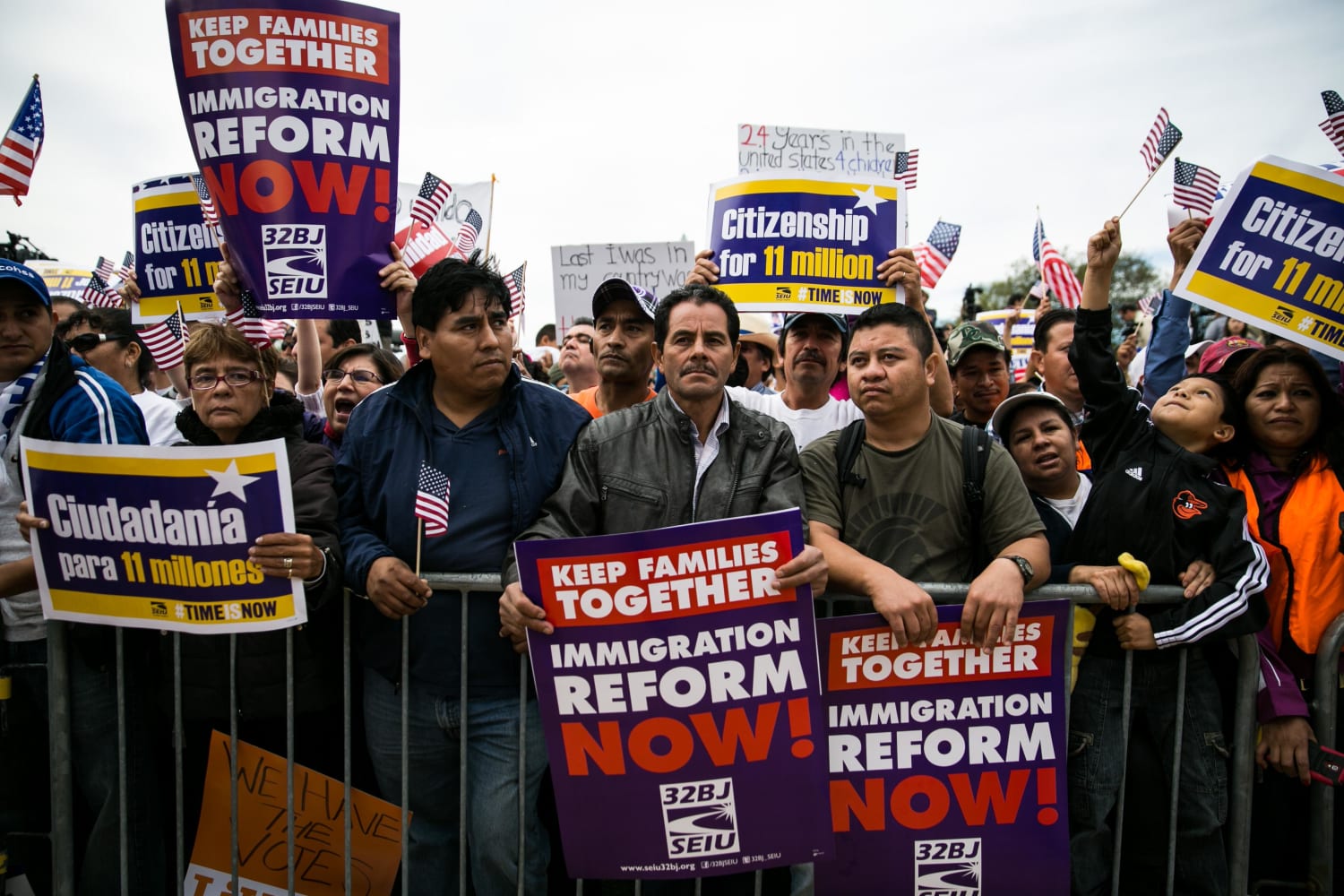
In what has been interpreted as both a sign of support for the Obama administration and a blow to the Republican opposition, which controls the U.S. House of Representatives, three of the wealthiest men in the United States — Bill Gates, Warren Buffet and Sheldon Adelson — demanded yesterday that the House of Representatives undertake an immigration reform that would be benefit immigrants and citizens alike.
To put this in context, let’s recall that a few days ago, representatives of the Republican majority confirmed that there would be no immigration reform during the remainder of this year, a decision that affects the president’s request that Congress approve additional resources to repatriate thousands of undocumented minors from Central America who have been detained for entering the United States.
It may seem paradoxical that the wealthiest U.S. citizens — who belong to differing political persuasions — are defending the relevance and need for immigration reform more vehemently than the president. Although Obama included immigration as one of the pillars of his two election campaigns, his actions as president are inconsistent with that promise. Recognizing that the influx of immigrants is an important factor in U.S. economic competitiveness (because of the increase in cheap labor and the expansion of key niche markets), the absence of immigration reform negatively affects the moneyed interests in the United States as well as the nation’s economic development.
However, until recently, none of the economic or political elites succeeded in signaling Washington’s responsibility for the increase in immigration flows from Mexico and Central America to the United States. Washington created the structural incentives for migration, which include a poor outlook for people’s lives, work and security, that affect a large part of that region’s population. Washington has an enormous historical role in creating those problems through its systematic promotion of policies that promote interference and economic pillaging. Noteworthy in such policy analysis is the contradiction between an insistence on freedom of movement for goods and capital (which has led to the amassing of large fortunes in the United States) and the systematic blocking of freedom of movement for persons.
On the other hand, the text released yesterday by Gates, Buffet and Adelson seems to ignore the responsibility that falls on Obama — in the sense that the African-American politician did not take advantage of the time when he had enough political capital to push hard on immigration reform. Instead, Obama will complete his White House years as the president who repatriated the largest number of immigrants. As a leader, he is one of the most unrelenting in terms of pursuing undocumented foreign citizens.
But the unexpected pronouncement from American multimillionaires could inadvertently strengthen Barack Obama’s position. It is in the president’s interest to take advantage of the situation and give a strong push on immigration policy, starting with those decisions and policies that fall exclusively within his presidential authority. With respect to the legislators, it is essential that they listen to proposals from the business sector, as they have done on other occasions.

Leave a Reply
You must be logged in to post a comment.